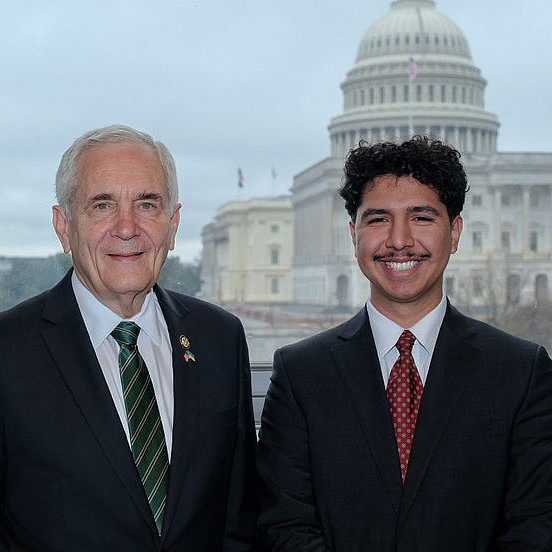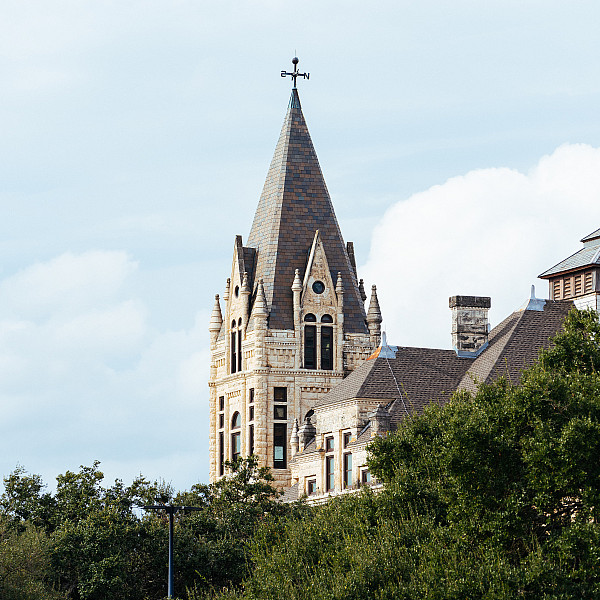Majors & Minors
Philosophy
The Philosophy Department at Southwestern University offers a distinctive, innovative, and interdisciplinary approach to the study and teaching of philosophy.
Welcome to the Southwestern Philosophy Department.
We provide students with a solid grounding in the history of western philosophy while also facilitating critical engagement with that history, allowing students to consider the lessons and strategies the study of philosophy offers for engaging contemporary questions and problems.
Over the past several years, we have undertaken curricular revisions that express our commitment to a program that fosters rigorous and coherent thinking and writing, while also locating such thinking within the power relations and differentials that inform, enable, and restrict it. This commitment is expressed in the multiple disciplinary, social, and cultural intersections our courses encourage students to explore.
Our particular strengths include intersections with Latin American Studies, Feminist Studies, Race and Ethnicity Studies, Queer Theory, and Marxist thought, as well as theories of media and political theory, including the key contemporary relationship between “politics” and “economics.” Of late, the tendency of philosophy to be a discipline dominated by white men has received fairly widespread attention. Our department works systematically to depart from this tendency, to actively foster forms and directions of inquiry of interest to a wide range of persons.






















